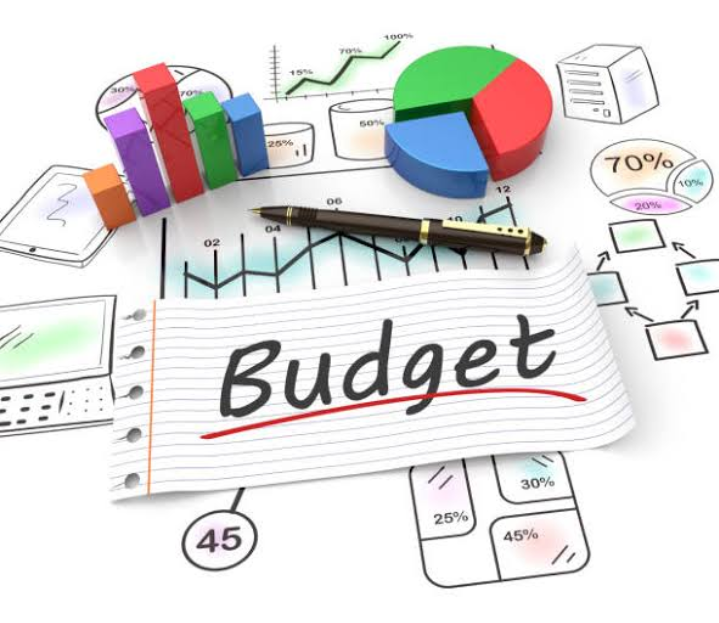How to Plan Your Budget for Optimal Results
Planning your budget is one of the smartest things you can do for your personal life or business. It’s not just about saving money; it’s about knowing where your money goes and making it work for you. A good budget can help you stay in control, avoid debts, and even grow your savings over time. But for many people, budgeting can feel like a boring or complicated task. The good news is, it doesn’t have to be.
In this guide, we’ll break down how you can plan your budget in a simple and effective way that gives you the best results.
1. Understand Your Income
The first step to planning any budget is knowing how much money you bring in every month. This includes your salary, side hustles, freelance jobs, or any other source of income. Be honest with yourself about the numbers. Only plan based on money you actually have, not what you hope you’ll earn.
Once you know your monthly income, it becomes easier to figure out what you can afford and what needs to be adjusted.
2. Track Your Expenses
Before you even start setting limits or cutting back, it’s important to know where your money is currently going. Spend a month writing down every expense — from rent and groceries to coffee runs and online shopping.
You might be surprised at how much money slips away on little things you didn’t even notice. Tracking your expenses gives you a full picture and shows you the areas where you can easily make changes.
3. Set Clear Financial Goals
What do you want your money to do for you? Are you saving for a car, planning a vacation, building an emergency fund, or paying off debt?
Setting clear goals will guide how you organize your budget. Without goals, it’s easy to lose focus. When you have something you’re working toward, you’re more likely to stick to your plan.
Make sure your goals are realistic. For example, saving $500 a month sounds great, but if it leaves you struggling to pay your bills, it’s not a healthy plan. Set goals that push you but still make sense for your situation.
4. Create Spending Categories
Now it’s time to divide your budget into categories. Some basic categories include:
Housing (rent or mortgage)
Utilities (electricity, water, internet)
Food (groceries and eating out)
Transportation (gas, car maintenance, bus fare)
Insurance (health, car, life)
Savings
Debt payments
Entertainment and personal spending
Assign a portion of your income to each category based on your needs and priorities. Remember, the idea is not to restrict yourself but to make sure every dollar has a job.
5. Use the 50/30/20 Rule (Optional)
If you want a simple starting point, you can use the popular 50/30/20 budgeting rule:
50% of your income goes to needs (like rent, utilities, food)
30% goes to wants (like dining out, movies, hobbies)
20% goes to savings and paying off debt
This rule is flexible and gives you a balanced way to manage your money without feeling too restricted.
6. Adjust and Cut Where Necessary
After you lay everything out, you might realize you’re spending more than you’re earning — or that you’re not saving as much as you’d like. That’s okay! Budgeting is about adjusting.
Look at the areas where you can cut back. Maybe you can cook at home more often, cancel unused subscriptions, or find a cheaper internet plan. Small changes can add up to big results over time.
7. Plan for Unexpected Costs
Life doesn’t always go as planned. Cars break down, medical bills pop up, and sometimes you just have bad luck. Make sure your budget includes a little room for these surprises.
Having an emergency fund, even if it’s just a few hundred dollars, can save you from going into debt when things go wrong.
8. Review Your Budget Regularly
Your income and expenses won’t always stay the same. You might get a raise, lose a job, have a baby, or move to a new city. That’s why it’s important to review your budget every few months.
Sit down, go through your numbers, and adjust your plan as needed. Keeping your budget fresh makes it more likely you’ll stick with it.
9. Stay Consistent but Be Kind to Yourself
Sticking to a budget takes practice. You might overspend sometimes, or forget to track your expenses. That’s normal. The key is not to give up. Learn from mistakes and keep moving forward.
Budgeting isn’t about being perfect. It’s about building better habits over time.
Final Thoughts
Planning your budget for optimal results is not about making life harder. It’s about giving yourself freedom — freedom to live without money stress, freedom to reach your goals, and freedom to enjoy the things that matter most.
Start small, stay consistent, and remember that every little effort you make today can lead to big rewards tomorrow.
